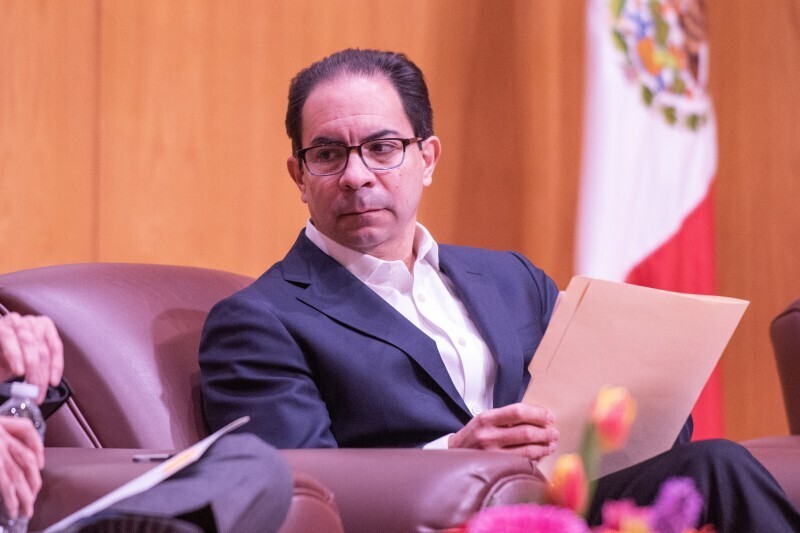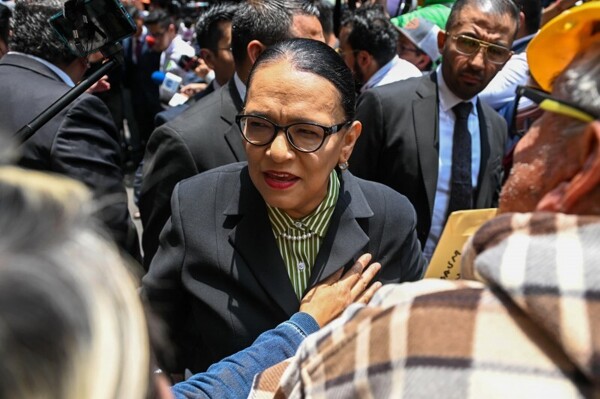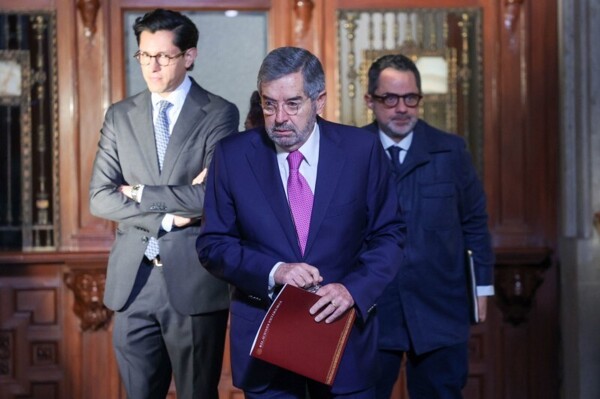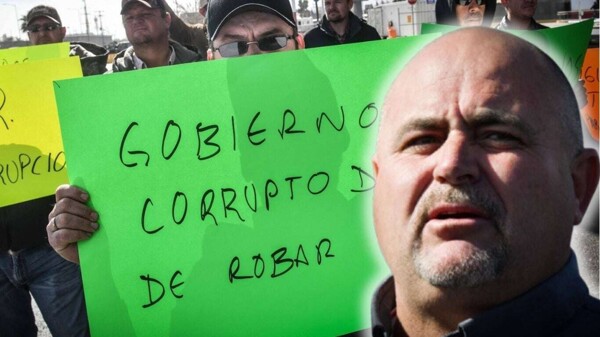
Mary Barra, CEO of General Motors, commented that there are measures to mitigate the impact in case tariffs are applied to Canada or Mexico. There is concern that these tariffs could trigger an economic slowdown. In this regard, Carlos Capistrán, chief economist at Bank of America, pointed out that the opportunity for nearshoring is still present but has become more complicated due to several factors, including recent reforms in Mexico.
In the short term, it is expected that the exchange rate will reflect the impact of the tariffs, which could cause an immediate drop in the value of the peso and a decrease in investments. The White House confirmed President Trump's intention to implement tariffs on Mexico starting February 1.
Bank of America estimates that Mexico's GDP will grow by 0.8% this year, considering the tariffs, trade uncertainty, and a reduction in investments. In light of this situation, General Motors is evaluating possible actions if the tariffs are imposed.
The Mexican peso could cushion the impact of the tariffs, but it will all depend on the response of the macroeconomy and the fiscal stability of the country. Bank of America predicts that the tariffs will be temporary and will be reviewed under the USMCA framework in 2026. A possible depreciation of the peso against the dollar is anticipated, which could vary depending on the affected products and the percentage of tariffs applied.














